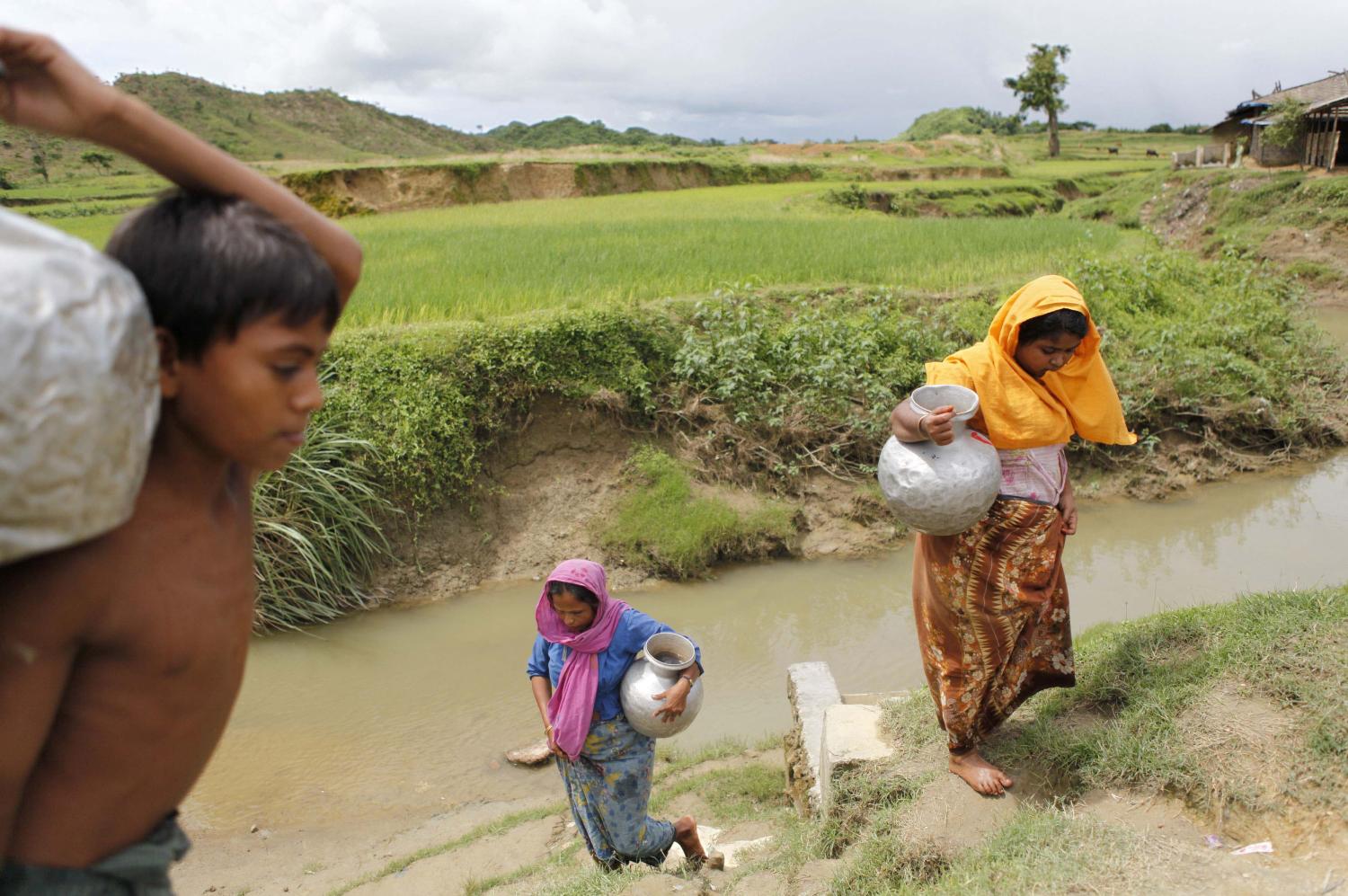The challenge of rural poverty and food insecurity in the developing world remains daunting. Recent estimates show that “there are still about 1.2 billion extremely poor people in the world. In addition, about 870 million people are undernourished, and about 2 billion people suffer from micronutrient deficiency. About 70 percent of the world’s poor live in rural areas, and many have some dependency on agriculture,” (Cleaver 2012). Addressing this challenge by assisting rural small-holder farmers in developing countries is the mandate of the International Fund for Agricultural Development (IFAD), an international financial institution based in Rome.
The International Fund for Agricultural Development is a relatively small donor in the global aid architecture, accounting for approximately one-half of 1 percent of all aid paid directly to developing countries in 2010. Although more significant in its core area of agricultural and rural development, IFAD still accounts for less than 5 percent of total official development assistance in that sector.1 Confronted with the gap between its small size and the large scale of the problem it has been mandated to address, IFAD seeks ways to increase its impact for every dollar it invests in agriculture and rural development on behalf of its member states. One indicator of this intention to scale up is that it has set a goal to reach 90 million rural poor between 2012 and 2015 and lift 80 million out of poverty during that time. These numbers are roughly three times the number of poor IFAD has reached previously during a similar time span. More generally, IFAD has declared that scaling up is “mission critical,” and this scaling-up objective is now firmly embedded in its corporate strategy and planning statements. Also, increasingly, IFAD’s operational practices are geared towards helping its clients achieve scaling up on the ground with the support of its loans and grants.
This was not always the case. For many years, IFAD stressed innovation as the key to success, giving little attention to systematically replicating and building on successful innovations. In this regard, IFAD was not alone. In fact, few aid agencies have systematically pursued the scaling up of successful projects. However, in 2009, IFAD management decided to explore how it could increase its focus on scaling up. It gave a grant to the Brookings Institution to review IFAD’s experience with scaling up and to assess its operational strategies, policies and processes with a view to strengthening its approach to scaling up. Based on an extensive review of IFAD documentation, two country case studies and intensive interactions with IFAD staff and managers, the Brookings team prepared a report that it submitted to IFAD management in June 2010 and published as a Brookings Global Working Paper in early 2011 (Linn et al. 2011).





